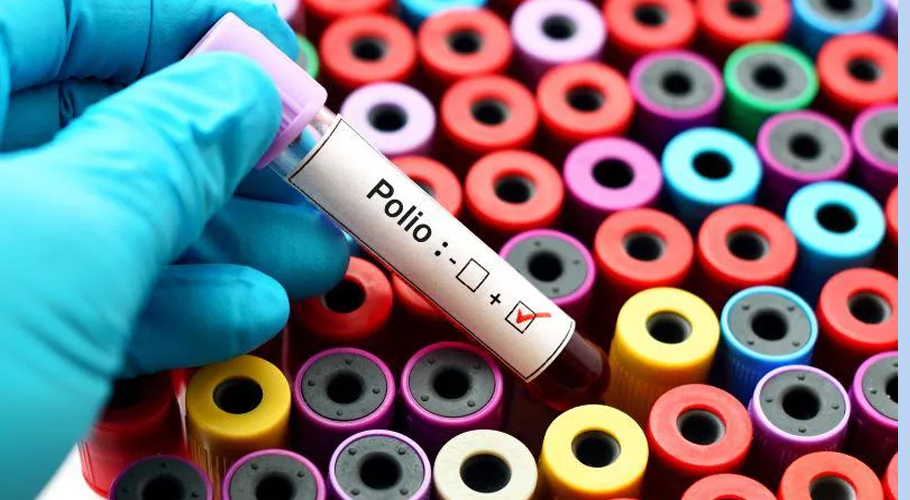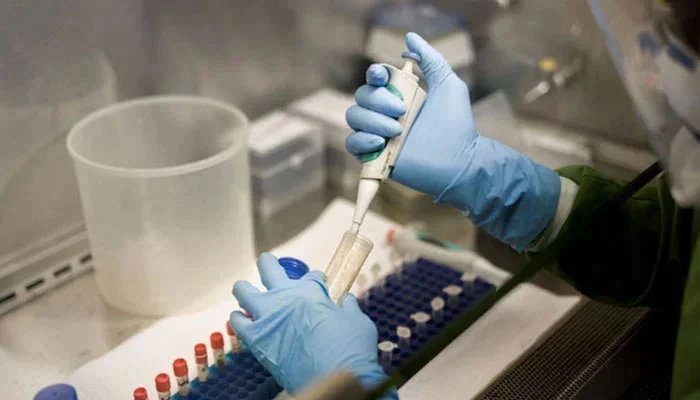ISLAMABAD: A positive wild poliovirus type 1 (WPV1) sample has been detected in an environmental sample from Rawalpindi.
They identified the virus in an environmental sample collected from the Safdarabad site on August 10.
Additionally, the Pakistan Polio Laboratory at the National Institute of Health, which serves as the WHO Regional Reference Laboratory for the Polio Program, confirmed this finding.
Furthermore, this marks the second positive sample from Rawalpindi in the current year. The isolated virus exhibits genetic linkage to the virus cluster circulating in Afghanistan’s Nangarhar province.
Dr. Nadeem Jan, the Health Minister, outlined a comprehensive strategy to eliminate polio, with a focus on high-risk areas.
They have devised a dedicated emergency plan to prevent the spread of the virus, focusing on its presence in the environment.

However, Dr. Nadeem Jan emphasized the significance of polio vaccination as the most effective way to safeguard children from the debilitating poliovirus.
He said that the polio program has successfully thwarted the virus’s circulation in previous detections and remains committed to prompt detection and response to eradicate the virus wherever found.
Moreover, Dr. Shahzad Baig, Coordinator of the National Emergency Operations Center for Polio Eradication, highlighted the highly sensitive polio surveillance network maintained by the Pakistan Polio Program Swift detections of the virus in the environment underscore this.
Furthermore, he noted the collaboration with Afghanistan’s polio program, enhancing vaccination efforts at the Pakistan-Afghanistan border to mitigate the risk of transmission.
This month, a polio campaign encompassed 65 districts, including Rawalpindi, aiming to vaccinate over eight million children under five.
In addition, to date this year, Pakistan has reported two polio cases and 16 positive environmental samples, while Afghanistan has reported five cases and 33 positive samples.


